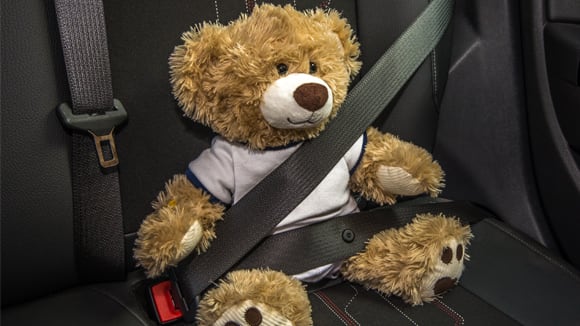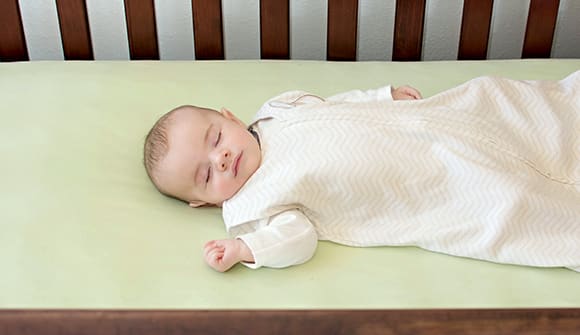How to prevent hot car deaths
Simple steps you can take to keep kids safe.
Article Date:

It's one of the saddest tragedies, but it still happens every year. Around 40 children annually die from heatstroke after getting left or trapped in a vehicle. Since 1998, there have been more than 950 child hot car deaths in the United States, according to the National Highway Traffic Safety Administration (NHTSA).
So far in 2023, more children in Florida have died than in any other state. The first death of the year in the U.S. occurred in February.
Victims tend to be among the youngest and most vulnerable, with babies and children under 3 representing about 87% of all deaths. Unfortunately, all children are at risk; deaths have occurred in children as old as 14.
It's up to parents, grandparents and caregivers to understand the risk factors that contribute to the problem and always use best practices to prevent harm.
How hot car deaths happen
Children's bodies heat up three to five times faster than adults because their temperature regulation is not as efficient, putting them at greater risk for heat-related illnesses, including heatstroke.
Although many deaths in hot cars happen during the warmest months of the year, tragedies have occurred with outdoor temperatures as low as 72 degrees. That's because the sun heats up the car's interior, increasing the static air temperature inside very quickly. Within 20 minutes, the inside of a car heats up an average of 29 degrees. Cracking a window was shown to have very little effect.
When the core body temperature reaches 107 degrees Fahrenheit or greater, cells are damaged and internal organs begin to shut down. This chain of events can rapidly lead to death.
Preventing pediatric vehicular heatstroke
Jessica Winberry, prevention coordinator with THE PLAYERS Center for Child Health at Wolfson Children’s Hospital, urged parents and caregivers to remember the following:
Never leave a child unattended in a vehicle, even if you think you'll just be a minute. According to NHTSA, the third leading cause of hot car deaths is a caregiver knowingly leaving a child in the vehicle.
Always lock your car and ensure children can't get the keys. Teach children that vehicles should never be used as a play area. According to NHTSA, 25% of children killed in hot cars were playing alone in the vehicle or gained access themselves.
Have a plan with your childcare provider to call you if your child doesn't show up for school. The majority of hot car deaths – 53% – occur when a child was left in the car unintentionally. This happens most often when routines change. For example, when a parent who has an important appointment after daycare drop-off forgets the daycare stop altogether. A call from your child's caregiver could save a life when a change in routine occurs.
Keep a stuffed animal in the car seat. When it's time to strap your child in, place the animal in the front with you as a reminder to check the back seat. Or place your purse, briefcase or cell phone in the back seat with your child.
Make "look before you leave" a routine whenever you get out of the car and always glance in the back seat for any young passengers. Don't overlook sleeping babies or toddlers.
If a child is missing, always check the pool first and then the car, including the trunk.
If you see a child unattended in a hot vehicle, call 911 immediately.
You can prevent a hot car tragedy.
Each parent and caregiver can make a difference for the children in their care. To learn more about how to keep children safe in and around all types of vehicles, visit wolfsonchildrens.com/safekids.



